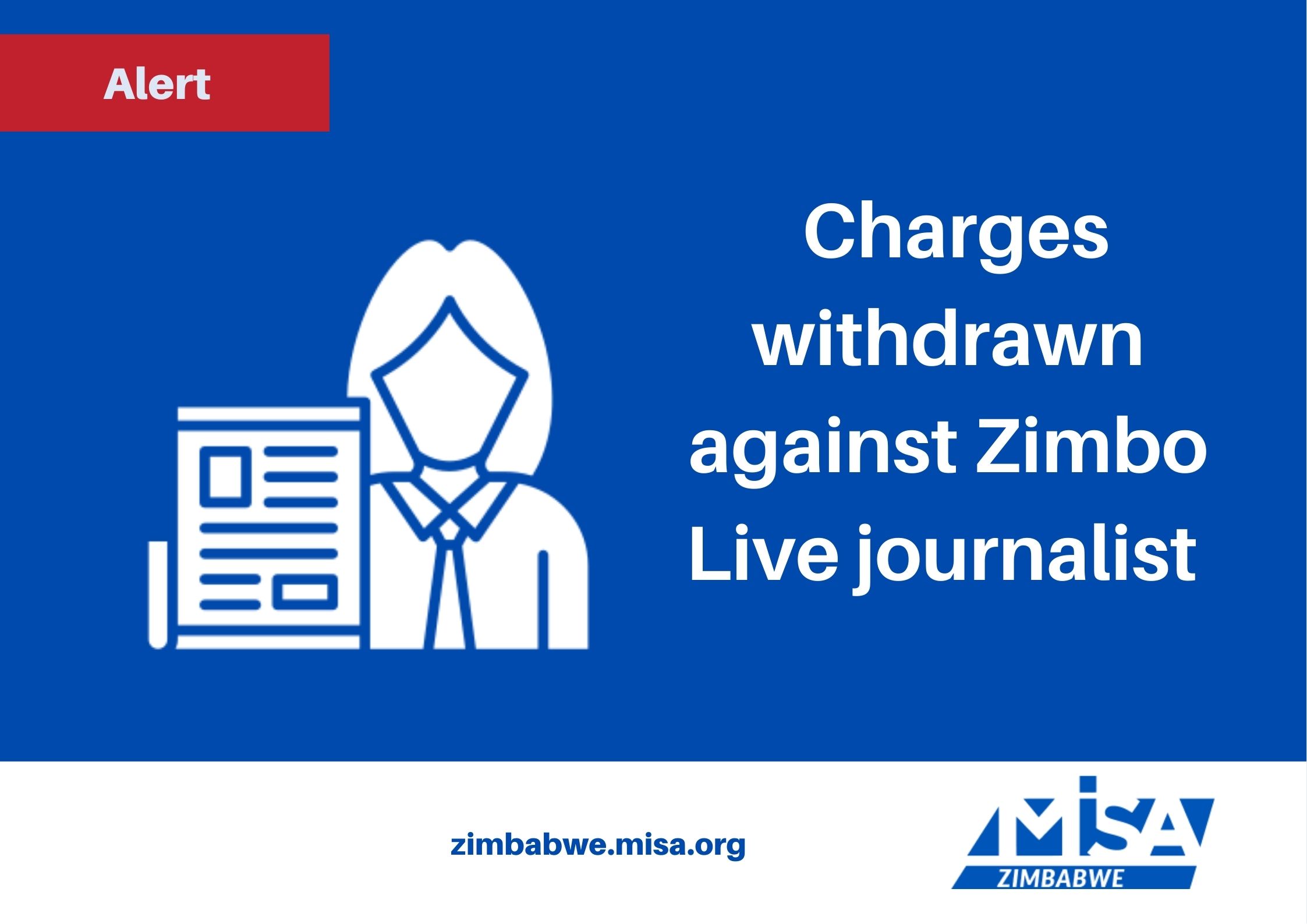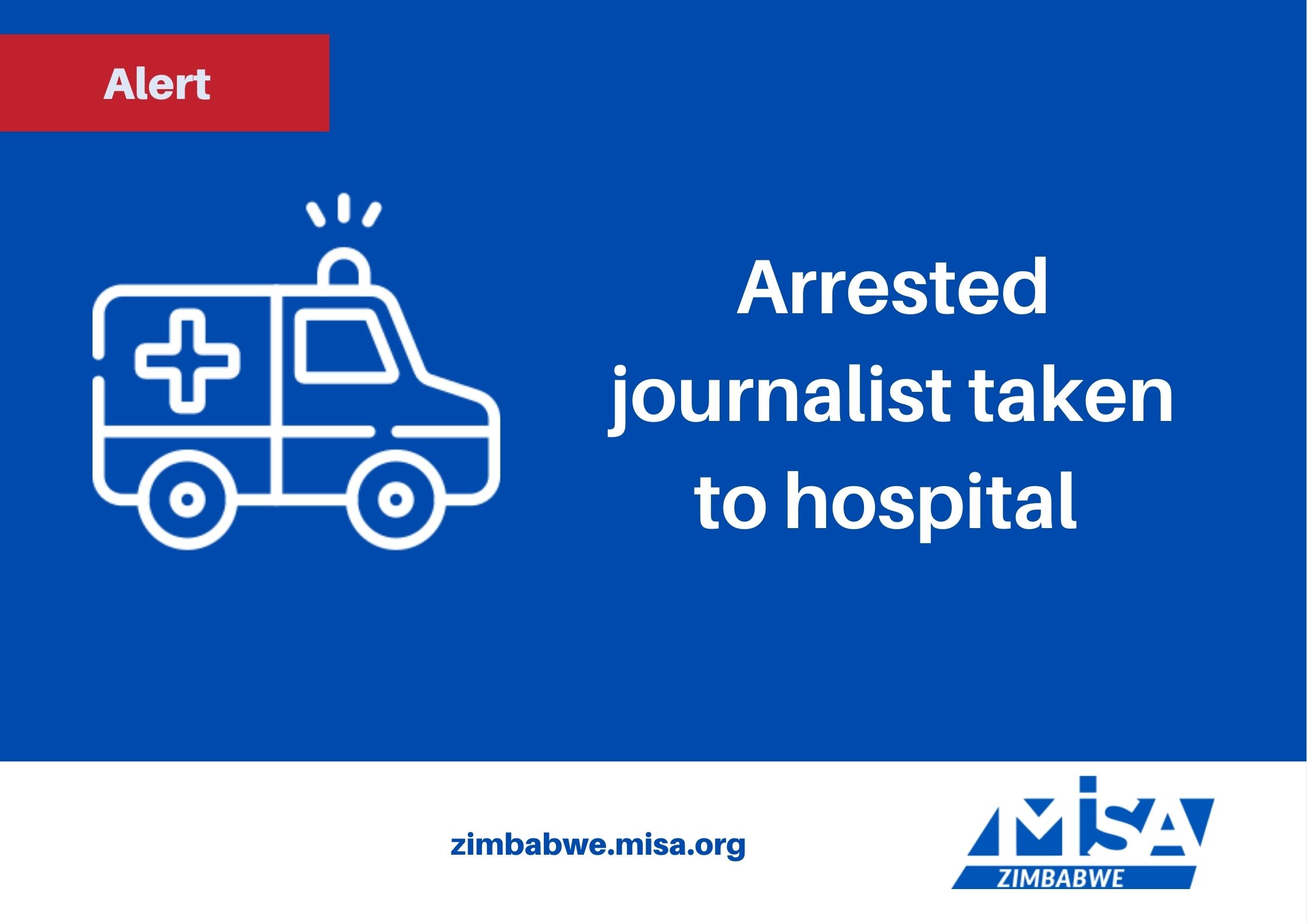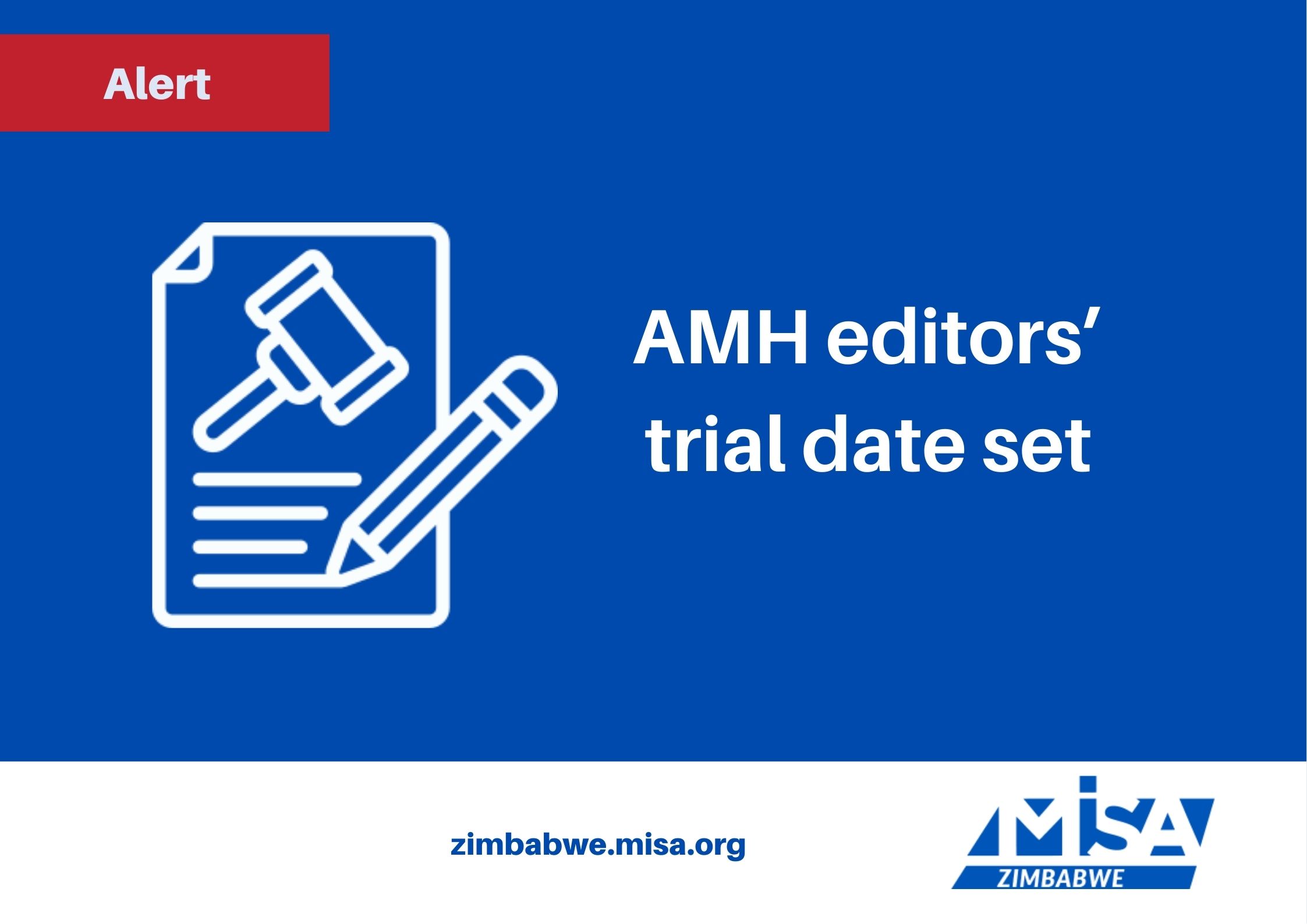The signing into law of the Freedom of Information Act as part of the processes of repealing the draconian and widely discredited Access to Information and Protection of Privacy Act (AIPPA) is a significant milestone in Zimbabwe’s law reforms agenda that should set the pace for the repeal of other laws that infringe on the country’s constitutional rights.
Commendably, some of the provisions of the Freedom of Information Act will go a long way in giving effect to Sections 61 and 62 of the Constitution which provide for freedom of expression, media freedom and access to information.
Concerns with the new law
Of concern though, among other contentious issues, is the fact that the new law ignores overwhelming submissions by citizens during public hearings into the Freedom of Information Bill before its passage in Parliament, pertaining to the roles of the Zimbabwe Human Rights Commission (ZHRC) and Zimbabwe Media Commission (ZMC).
Overwhelming submissions were made on the need for appeals relating to denial of information requests to be lodged with the ZHRC, or a competent court of law, and not with the ZMC as its constitutional mandate is on media regulation.
Read: Zimbabwe’s Freedom of Information Bill requires fine-tuning
Read: MISA Zimbabwe submissions on the Freedom of Information Bill
In Bulawayo, a citizen submitted that it would not be appropriate to launch an appeal with the Zimbabwe Media Commission should one be denied access to their health records. In her view, the ZMC would not be the competent body to arbitrate in a matter in which the Commission does not have the expertise and knowledge to handle an issue pertaining to health.
Another resident in Marondera said the Zimbabwe Media Commission is not decentralised in all provinces as is the case with the ZHRC, making it difficult, therefore, for citizens living in areas where the ZMC is not represented, to immediately lodge their appeals.
Zimbabwe Human Rights Commission more suitable as the appellant body
It is, therefore, MISA Zimbabwe’s well-considered view that the right to access to information is a human right and that the Zimbabwe Human Rights Commission is thus more suitable to attend to complaints relating to the exercise of that right as opposed to a media regulatory body such as the ZMC.
ZHRC is the guardian of human rights, which include the right to access to information, and should, therefore, be the appellant body in that regard.
We nonetheless note that the Act despite the aforementioned anomaly, makes provision for further appeals to the High Court if an applicant is not satisfied with the decision of the ZMC. Courts of law are best suited to settle and finalise on disputes between parties and it is commendable that the Bill acknowledges the role of courts of law such as the High Court. Judicial oversight is key to promoting transparency and accountability.
Synopsis of the Freedom of Information Act
This piece of legislation seeks to give effect to the constitutional rights on freedom of expression, media freedom and access to information held by entities in the interest of public accountability or for the exercise of a right, and to also to repeal AIPPA.
The repeal of AIPPA is a commendable step in Zimbabwe’s law reform initiatives as highlighted earlier. It should, however, be noted that AIPPA did not only focus on access to information but also had a bearing on media freedom and journalistic rights, media regulation and protection of privacy or information.
This explains why three Bills were proposed for its repeal, notably the Freedom of Information Bill, Zimbabwe Media Commission Bill and Protection of Personal Information Bill.
In that regard, the Freedom of Information Act does not wholly repeal AIPPA as the other proposed bills are still pending.
Meanwhile, among its other positives, it is commendable that the law designates the office of an information officer as the point-persons responsible for receiving and processing information requests.
It is also commendable that the law places an obligation on entities to have a written information disclosure policy. The law also provides for the provision of information in a language requested by the applicant.
However, there are still areas of concern as highlighted earlier, pertaining to the roles of the ZHRC and ZMC, among others.
The responsibilities of information officers when assisting applicants making requests for information should have been clearly outlined including that of reducing verbal requests into writing.
Section 6 (a) of the Act also protects deliberations and functions of Cabinet and its Committees. It would have been progressive if the law made provision for declassification of information that relates to the deliberations and functions of Cabinet and its Committees.
Section 7 of the Act, which speaks to requests for access to information, does not include private entities. This aspect is similar to Section 5 of AIPPA which limited the right to access to information held by public bodies only. This provision, therefore, continues to be restrictive. The Act is silent on requests to private entities despite the fact that Section 22 provides for exemptions on specific information held by private entities.
Read: Summary comparison of AIPPA and the gazetted Freedom of Information Bill
Read: Shocking Freedom of Information Bill gazetted
In addition, the Act maintains that information requests should be made in writing. This is despite concerns that were raised to the effect that provision should be made for verbal requests to cater to those who are illiterate or blind.
Considering that the law establishes the role of information officers, it should be the duty of that information officer to reduce verbal requests into writing for record purposes. This provision is yet again similar to Section 6 of the repealed AIPPA.
Section 10 of the Act then provides for deemed refusals in instances where an information officer fails to notify on the reason for decision within the prescribed time. The remedy is that the applicant should file an appeal with the Commission.
The law should have placed a mechanism to ensure that in instances of deemed refusals, reasons for the refusals are given.
Meanwhile, the same appeals procedure is also provided for in Section 35 of the Act. The oversight role that is being provided by the Act through the mentioned appeals procedure, and the obligation being placed on entities to produce annual reports to the Commission, is key in providing transparency and accountability.
Law provides for information in applicant’s requested language
As indicated earlier, it is commendable that in terms of Section 16 of the Act, the law provides for access to information in a language requested by the applicant. The challenge, however, pertains to the translation costs which should be met by the applicant.
It should be noted that in terms of Section 6 of the Constitution of Zimbabwe, Zimbabwe has 16 official languages. In that regard, it would have been more inclusive to ensure that information is available and accessible in all the recognised official languages. Imposing translation fees is restrictive and discriminatory.
The Act also provides an exemption to access to information where it is likely to cause prejudice to the defence or security of the State. The Act, under Section 27 (2) also clearly defines what entails information likely to cause prejudice to the defence or security of the State.
The Act also provides in Section 17, for the payment of fees, which include search, translation, the making of copies, and inspection fees. It is MISA Zimbabwe’s hope that these fees will be reasonable and affordable to low-income members of society to allow for the exercise of the right to access to information.
Conclusion
MISA Zimbabwe notes that some key aspects were not included in the new information law despite overwhelming submissions made by citizens during the public hearings as well as the retention of some AIPPA provisions in the Freedom of Information Act.
There is, therefore, need to ensure that other laws that impinge on the right to access to information, freedom of expression and media freedom, such as the Official Secrets Act, Interception of Communications Act, Censorship and Entertainment Controls Act, and sections of the Criminal Law (Codification and Reform Act), among others, are aligned with the Constitution.













